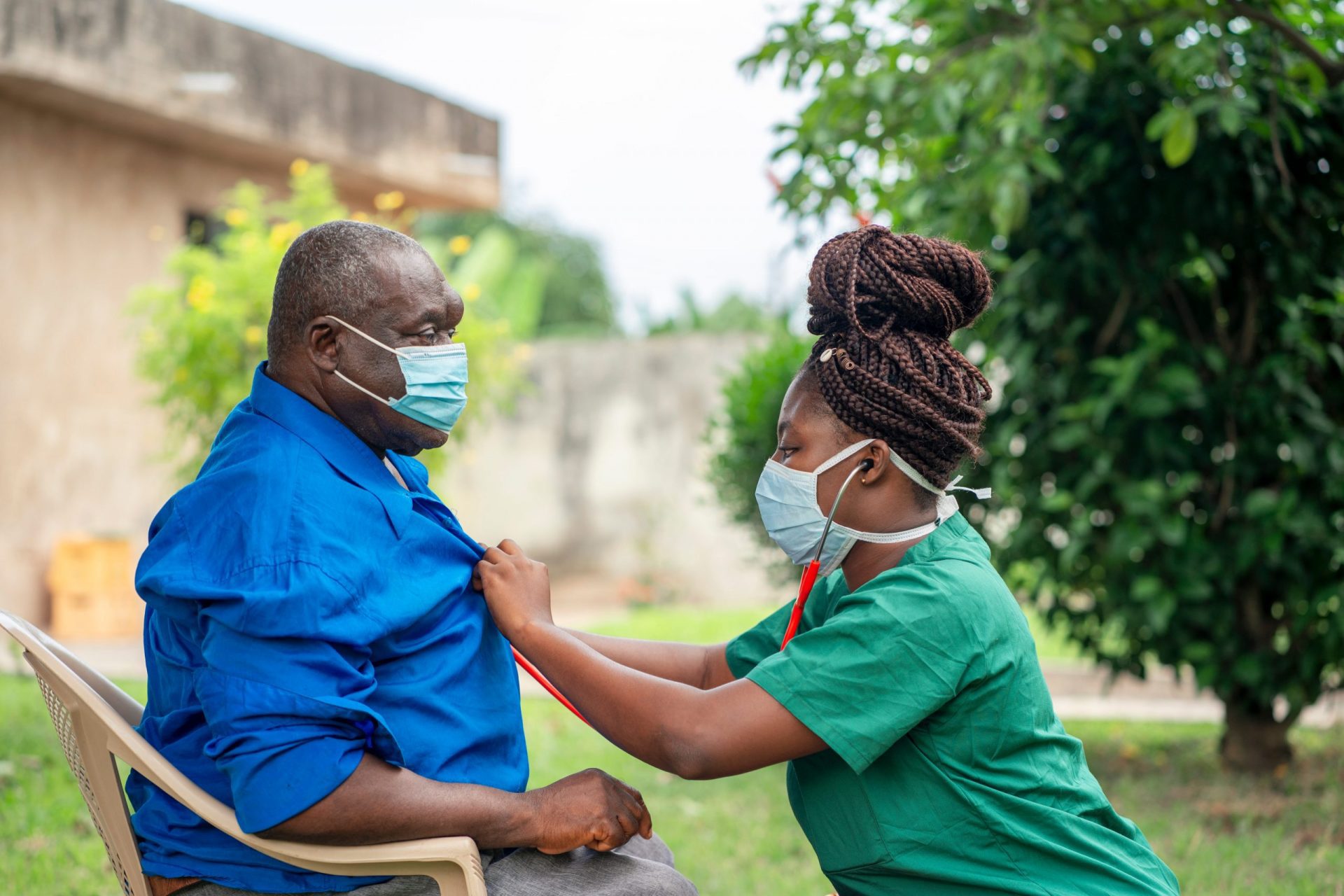If you’ve noticed more people calling in sick lately, you’re not imagining things. The US is currently battling what health experts are calling a quad-demic, with four major illnesses spreading simultaneously across the country. This winter’s perfect storm of viruses is putting unprecedented strain on healthcare systems and leaving many wondering how to stay healthy.
Breaking down the quad-demic players
- Influenza is currently the heavyweight champion of winter illnesses, accounting for a whopping 4.8% of all emergency room visits. That’s significantly higher than usual for this time of year, and doctors are seeing more severe cases than in previous seasons.
- COVID-19 might not be making headlines like it used to, but it’s still very much in the game, causing 1.3% of emergency department visits. While this may seem low compared to previous years, it’s still a significant number when combined with other illnesses.
- RSV is affecting 0.9% of emergency room visitors, particularly hitting young children and elderly adults the hardest. While this percentage might seem small, it represents thousands of people seeking medical care.
- Norovirus, often called stomach flu, is having a record-breaking season with 495 outbreaks recorded between August and December 2024. That’s the highest number since 2012, and many cases likely go unreported because people tend to suffer through it at home.
Why this winter is different
This isn’t your typical cold and flu season. The combination of these four viruses circulating simultaneously is creating a unique challenge for healthcare systems. Hospitals are seeing more patients than they can handle, and the situation is complicated by staff members getting sick themselves.
While these four viruses are grabbing headlines, other illnesses are lurking in the background. Whooping cough cases are surging beyond last year’s numbers, walking pneumonia is making a comeback, and even bird flu is causing concern with 66 confirmed cases in the US.
Your body’s winter battleground
Winter creates perfect conditions for viruses to spread. Cold, dry air helps viruses survive longer outside the body, and holiday gatherings create ideal conditions for transmission. Add in weakened immune systems from stress and lack of vitamin D, and you’ve got a recipe for illness.
The good news is you’re not powerless against this quad-demic. While you can’t completely avoid exposure to these viruses, you can significantly reduce your risk with these scientifically proven strategies:
- Practice next-level hand hygiene by washing frequently with soap and water for at least 20 seconds, especially before eating or touching your face.
- Keep your immune system strong by getting enough sleep, managing stress, eating a balanced diet rich in fruits and vegetables, and staying physically active.
- Consider wearing a mask in crowded indoor spaces, particularly if you’re at higher risk or when local infection rates are high.
- Stay up to date with recommended vaccines, including flu shots and COVID-19 boosters.
- Keep your distance from visibly sick people and avoid touching common surfaces in public places when possible.
What to do if you get sick
If you do catch one of these viruses, knowing how to respond can make a big difference in your recovery and prevent spread to others. The most important steps are:
- Stay home when you’re sick to avoid spreading illness to others.
- Rest and hydrate more than you think you need to.
- Monitor your symptoms and know when to seek medical attention.
- Keep basic medications and supplies on hand for symptom management.
The silver lining in this viral storm
While the quad-demic sounds scary, there’s actually some good news. The precautions we learned during the COVID-19 pandemic have made us better prepared to handle multiple circulating viruses. Many people now have better hygiene habits, and healthcare systems have improved their response to disease outbreaks.
As we continue through this challenging winter season, staying informed and prepared is key. While we can’t completely avoid these viruses, understanding them helps us make better decisions about our health and the health of our communities.
Remember, this situation won’t last forever. Spring will eventually arrive, bringing warmer temperatures and naturally lower virus transmission rates. Until then, taking sensible precautions while maintaining our normal activities is the best approach to staying healthy during this unprecedented quad-demic season.












